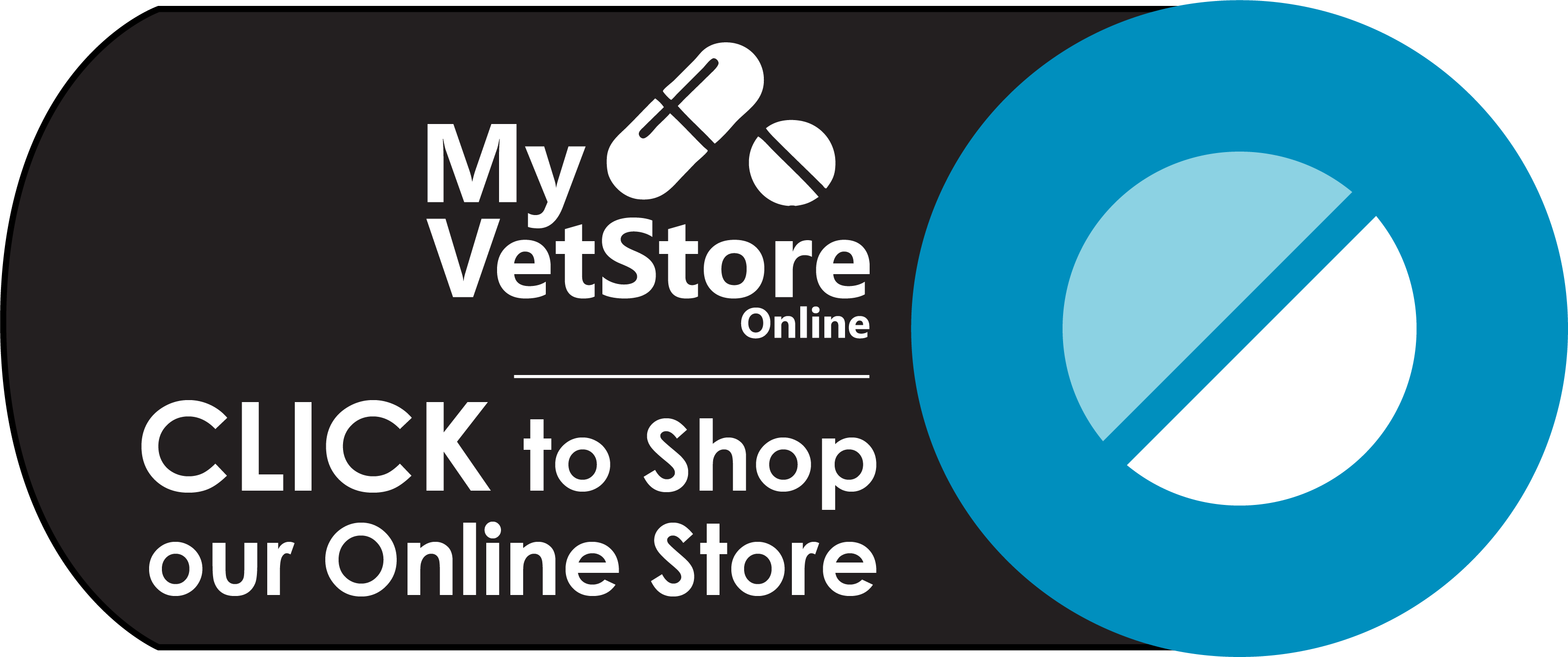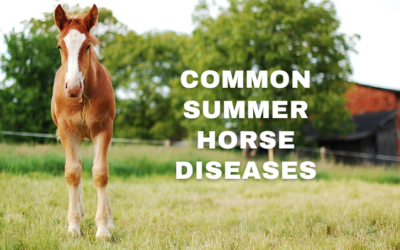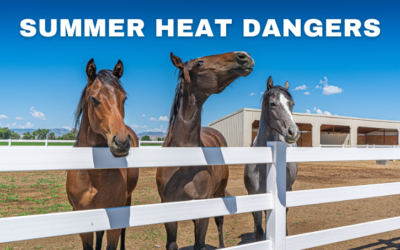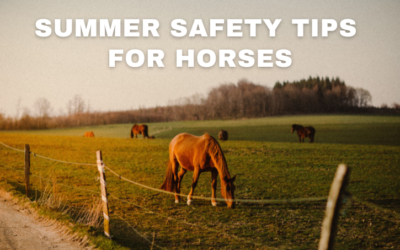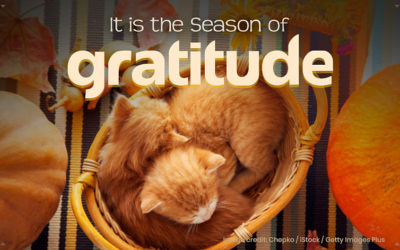Large Animal Articles
Common Summer Horse Diseases
Summer is in full swing, and it’s essential to make your horse’s health a priority. Warm summer temperatures can increase your horse’s risk of certain diseases. Because of this, it’s important to know what to look for and how to keep your horse safe. Let’s discuss...
Summer Heat Dangers
Rising temperatures can be tough on your horse. As the summer heats up, it's essential to understand the dangers of extreme heat and how it can affect your horse's health. Heat stress and heatstroke are serious medical conditions that can have dangerous consequences...
Summer Safety Tips for Horses
Summer is an excellent opportunity to get out and spend some quality time with your horse. However, the summer heat can pose significant risks to your horse’s health. As warm weather approaches, it’s important to take some time to understand the risks and what...
How to Care for Your Horse’s Hooves During the Winter
It can be easy to overlook hoof care in the winter, as many riders exercise their horses less and focus on their weight during the colder months. But it's still crucial to keep your horse's feet in mind. Remember the old adage: no foot, no horse. Check out our top...
It is the Season of Gratitude
It is the season of gratitude! With Thanksgiving just around the corner, we would like to take the opportunity to thank you for allowing us to care for your precious pets, and share a few reasons why we are so grateful this holiday season. For Patience The past year...
Lacerations/Wounds
If you have horses, you know the trouble that they can sometimes get themselves in no matter how careful you are. A laceration is a wound that involves the skin and potentially the structures beneath it. Depending on the severity of the injury, it may require...
Wellness Examination
Besides a medical history, the next most important piece of information regarding your horse’s health is a physical examination. Just like humans, a normal physical examination takes a closer look at all of the major systems of the horse and can lead to an early...
Ophthalmic Emergencies
Ophthalmic emergencies can range from a simple squint to a punctured globe or torn eyelid. With horses, simple ophthalmic issues can quickly turn into an emergency. With that being said, any eye that is squinting, swollen, red, cloudy, teary, and/or just “looks”...
New Foal and Mare Examinations
During pregnancy, you should work with your veterinarian to have periodic evaluations to ensure mare and foal are progressing appropriately and both are remaining healthy. When it comes time for parturition (birth), there are several things you need to keep in mind...
Lameness
A lameness evaluation involves the determination of location, structure, prognosis, and treatment options for any horse that is off/lame. History and physical examination of the horse are the foundations of any lameness examination and is critical before treatment...
Immunization
Vaccinations are an important part of preventive health care and serve to minimize the risk of infection; it is important, however, to clarify that vaccines do not prevent disease in all cases. With that in mind, a vaccination program should be formed with your...
Fever
A normal temperature for an adult horse ranges from 99.0-101.5 degrees Fahrenheit, therefore, anything over 101.5*F is considered a fever. There are a multitude of reasons why horses develop fevers and each is managed a little differently. Any temperature over 105.0...
Down Horse
There are numerous reasons why a horse may be down, some of which are very serious. Any horse that is recumbent and cannot rise unassisted is an emergency! In most of these cases time is of the essence when it comes to recovery, so the sooner they can receive...
Deworming
Traditional deworming strategies have been revisited, subsequently leading to changes in how we view both parasites and their control. We have already moved away from every other month or daily deworming programs of the past towards a philosophy of monitoring more and...
Dentistry
Dental care is one of the foundation pillars of preventive medicine to ensure your horse’s health. Loss of teeth and other dental problems play a critical role in the longevity of the horse’s health and life. Dental disease may cause pain, poor digestion, and often...
Colic
Colic is a word that is used to describe abdominal pain in horses but actually has numerous causes. Every case is unique in how it presents but there are several signs/behaviors that are commonly displayed. Any horse with colic behavior should be evaluated by a...
Choke
Choking in horses is very different from the same term used in humans. In horses, choke is when food becomes lodged in the esophagus. In contrast to humans, the windpipe (trachea), is not blocked and horses usually can still breathe. Although it is not immediately...

